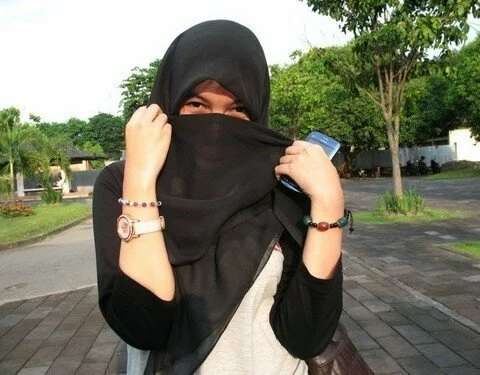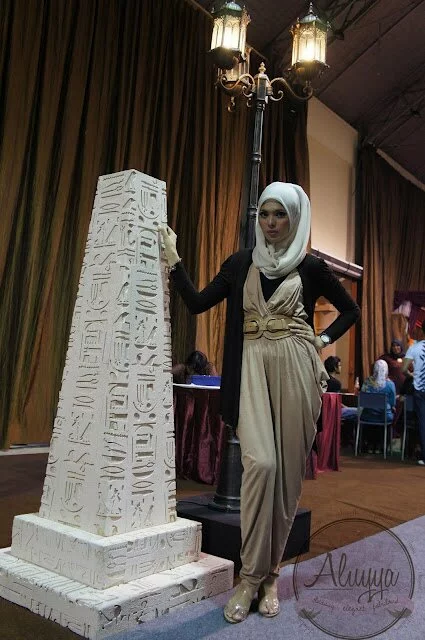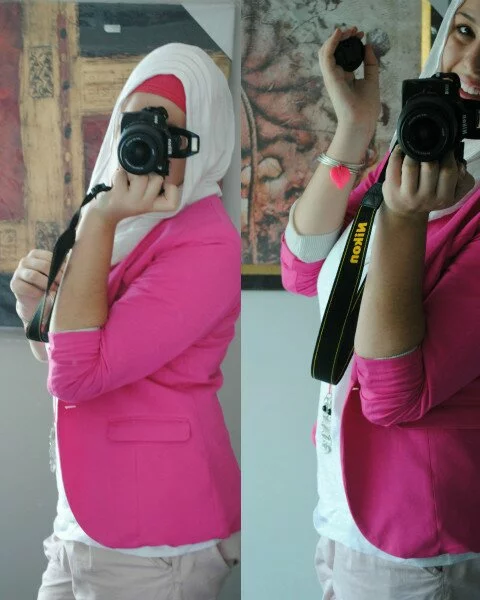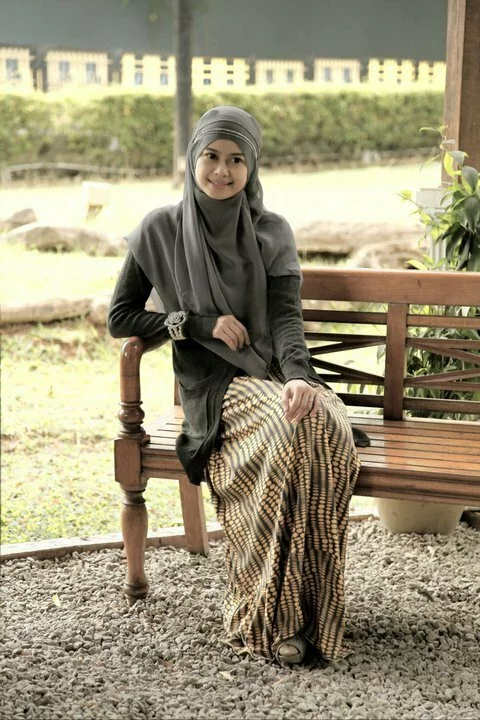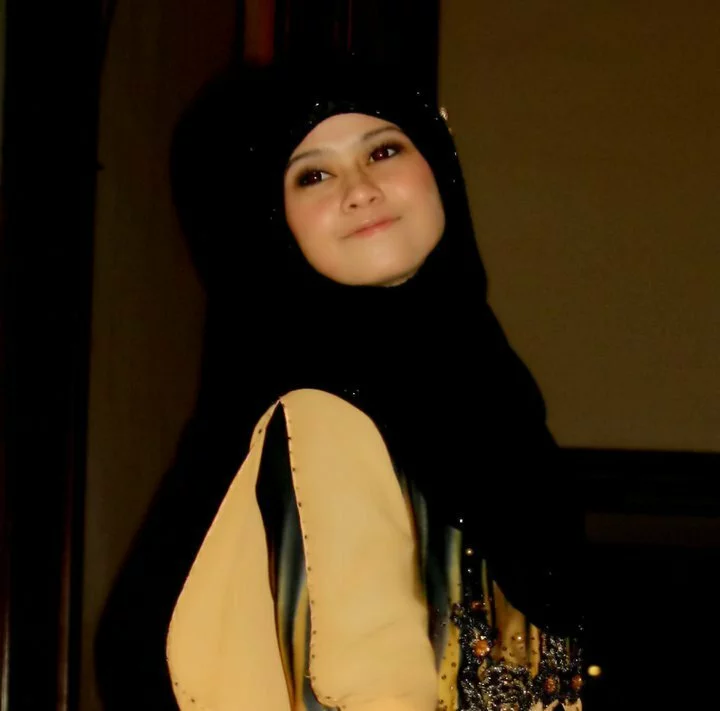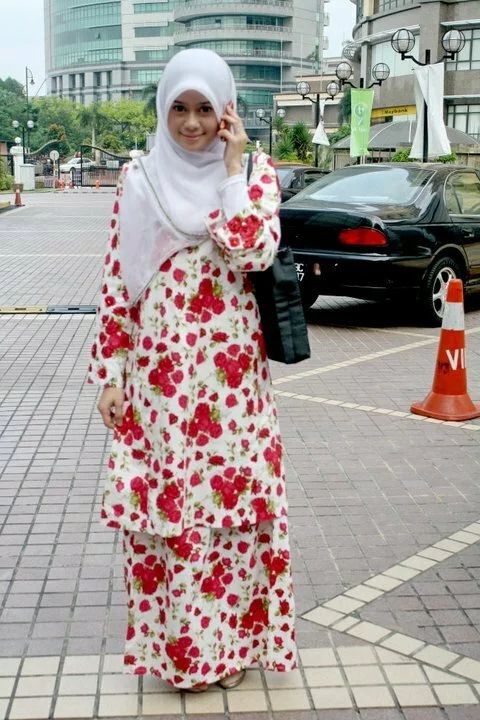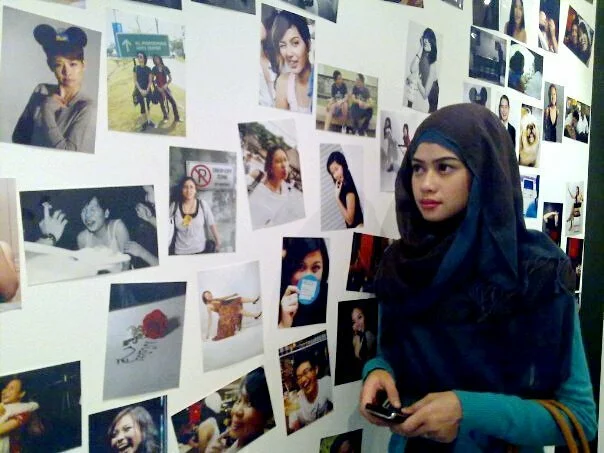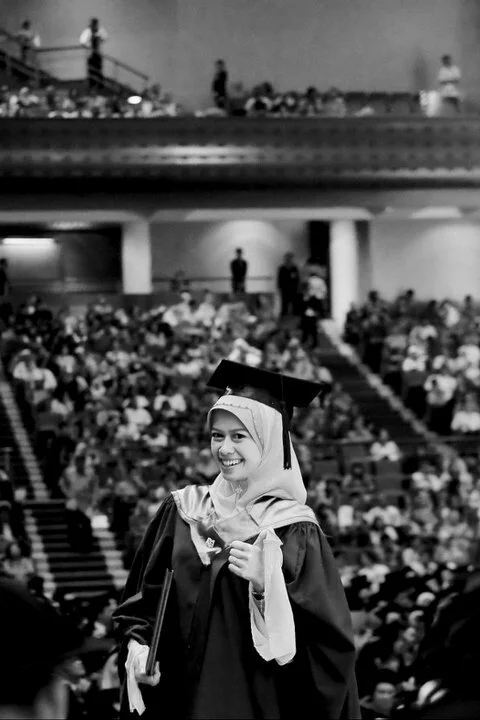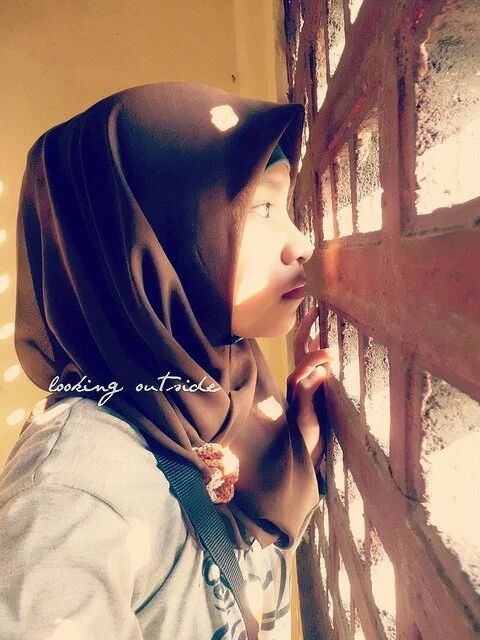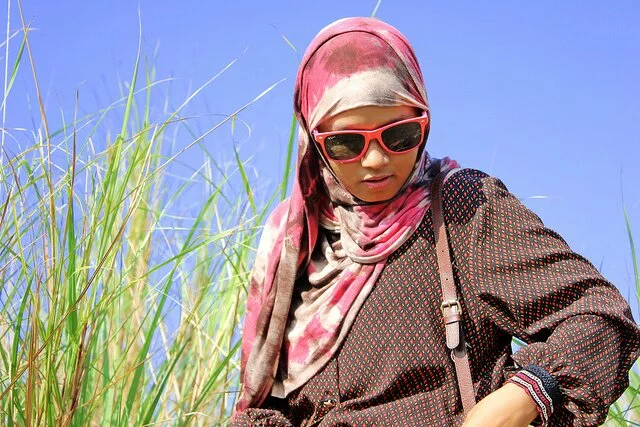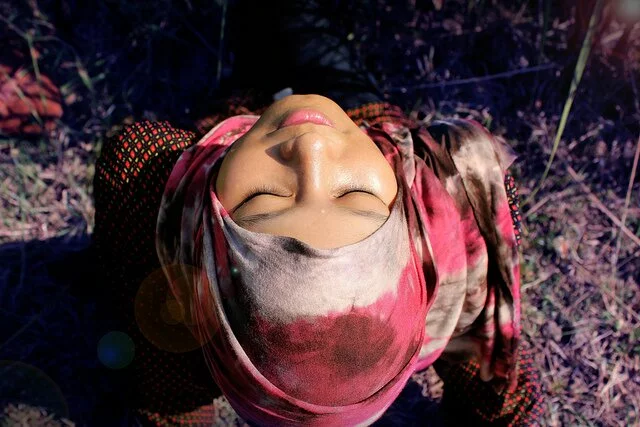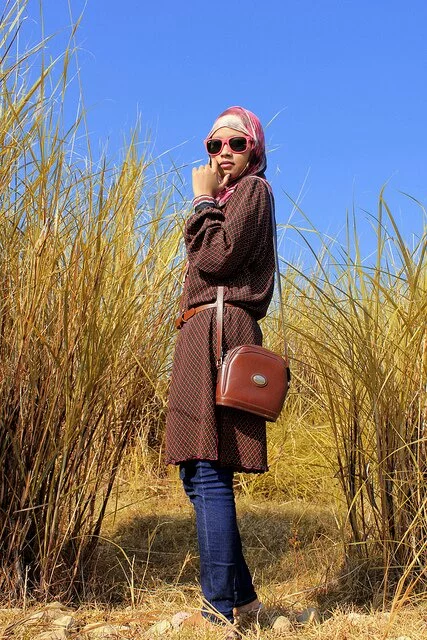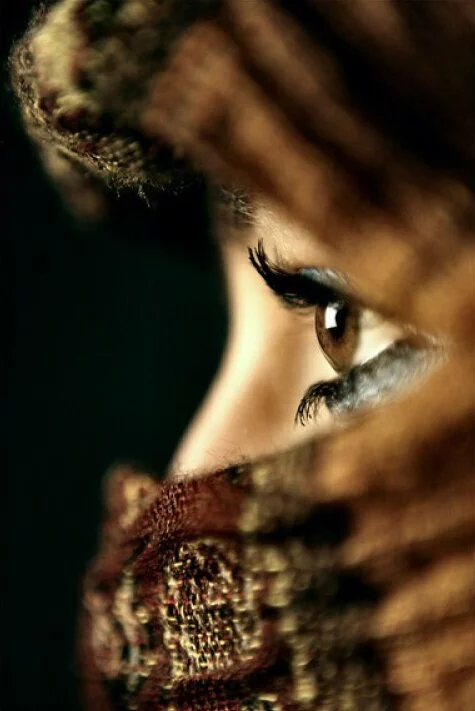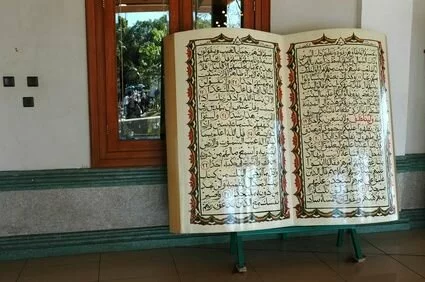The Messenger of Allah (salla Allahu alayhi wa sallam) said: “ الحج عرفة “ or “Hajj is Arafah“. The Arabic text implies a very important concept of the meaning of Hajj. This short statement means that the whole hajj and its validity is confined in the actual day of Arafah i.e. Hajj becomes valid only when the day of Arafah is observed and witnessed by those who undertake the journey, the pilgrims. Regardless how long the hujjaj stay in Makkah, if they missed that single day, they have then missed the whole Hajj.
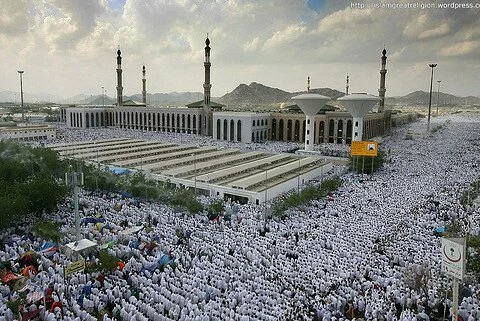
The name Arafah عَرَفَة was mentioned in many ahadith such as hadith of the Messenger of Allah (sal Allahu alayhi wa sallam): “ الحج عرفة “ or Hajj is Arafah (reported by Imam Ahmad and the four sunan). The name Arafat was mentioned in Surah al-Baqara 2:198
لَيْسَ عَلَيْكُمْ جُنَاحٌ أَنْ تَبْتَغُوا فَضْلًا مِنْ رَبِّكُمْ ۚ فَإِذَا أَفَضْتُمْ مِنْ عَرَفَاتٍ فَاذْكُرُوا اللَّهَ عِنْدَ الْمَشْعَرِ الْحَرَامِ ۖ وَاذْكُرُوهُ كَمَا هَدَاكُمْ وَإِنْ كُنْتُمْ مِنْ قَبْلِهِ لَمِنَ الضَّالِّينَ
“It is no crime in you if ye seek of the bounty of your Lord (during pilgrimage). Then when ye pour down from (Mount) Arafaat, celebrate the praises of Allah at the Sacred Monument, and celebrate His praises as He has directed you, even though, before this, ye went astray”
There are different interpretations on why that day was called Arafah or Arafaat, none of these opinions was authenticated by a solid textual evidence that can be traced to the Prophet (salla Allahu alayhi wa sallam). Nevertheless, the scholars of the past recorded them in their books as akhbar or stories of the past and therefore I quote for you few of these opinions here:
1. Arafah was the place were Adam and Eve met once again when they were sent down to reside on earth. They came down on two different spots but eventually were able to meet and recognize each other on this plain. Arafah here means “to get acquainted”, so based on this opinion Adam and Eve got acquainted to each other on that very same land we call today Arafah.
2. When angel Jibreel came down to Prophet Ibrahim (alayhis salam), he taught him the rituals of Hajj and took him around the Holy Sites. For every ritual explained Jibreel would say to Ibrahim “A’raft?” or “Did you learn (this one)?” and Ibrahim would reply with “Araft” or “I did”. Thats why it was called Arafah i.e. he got to know or learn.
3. It is a place where people get to know “ عرف or arafa” each other. Since the hujjaj or pilgrims spend most of that day on the same place and perhaps spot, many will get to know new people and learn more about them. So it is a place of تعارف or getting to know one another, and because of the great number of people who get to know each other the word عرفات or Arafaat came about.
4. The word عَرْف or A’rf means fragrance, and because the plains of Arafah are sites on which Allah’s mercy (rahmah) and forgiveness descend, the people would describe the day, the place and its dwellers of being perfumed with this spiritual and mystical fragrance “Arafah”. Moreover because of the rahmah or mercy descending upon the gathering, the small mountain on the plain on which many hujjaj desire to stand was called the mountain of Rahmah “Mercy”.
Despite the difference of opinion on why the day was called so, no scholar would argue the importance and significance of Arafah for the hajj and hujjaj.
In a previous post we mentioned some of the virtues of this blessed day, and now we mention the actual practices on Hajj needed done on this day.
1. On that day most of the pilgrims will still be in Mina. They pray Fajr in their camps inMina, and after sunrise they start their final preparation for the journey ahead.
2. Marching or riding to Arafah is not supposed to be that far from Mina, but the crowd and traffic jams make it seem like hundreds of miles.
3. As they all march and head to Arafah, their chanting will be continuously Talbiyah “lab-bayka Allahuma lab-bayk, lab-bayka laa sharika laka lab-bayk, in-nal hamda wan-ni’mata laka wal Mulk, laa sharika lak”. “Here I am in Your service, O Allah, here I am. Here I am, You have no partner, here I am. Verily all praise and blessings are Yours, and all sovereignty, You have no partner.” [Muslim] This chanting definitely symbolizes the purpose of this whole journey, that is to serve Allah and worship Him and Him alone.
4. Once the pilgrims reach Arafah, they take their places in their pre-assigned camps and wait until the call for the prayer is announced.
The Messenger of Allah, upon his arrival to Arafah, camped outside the plains of Arafahprior to the time of Dhuhr in the location where the Masjid of Namira is now built, once called Wadi ‘Urana.
Unlike the back part of the masjid today, the front part of the masjid is actually outside the boundaries of Arafah where the Messenger had delivered his khutbah or sermon. When he finished delivering the sermon, the Messenger (salla Allahu alayhi wa sallam) lead the hajj congregation in combined prayer between Dhuhr and Asr, then he moved inside the plains of Arafah until the end of the day.
5. When the time for prayer approaches, the khateeb or Imam who delivers the sermon stands to remind the congregation who gathered in Masjid Namira and the surrounding areas with what is known as the sermon of Arafah. The adhan or call for the prayer is then announced, the Imam then leads the congrgation in Dhuhr and Asr prayer combined and shortened, each performed in units of two rak’ah with one adhan and two Iqamas.
6. The sermon will be broadcasted live on many national and international media outlets. One mistake many pilgrims fall into, is that they follow the Imam in salat or prayer even if they were staying in their own camps miles away from masjid Namira where the prayer is held. Instead every camp should have their own congregational prayer but without the need for an extra khutbah or sermon.
7.Once the prayer is done, the hujjaj move back to their camps, seeking shelter from the scorching sun of Arabia. They have to stay within the boundaries of Arafah which are marked by huge yellow billboards all around. The hujjaj are obligated to stay in Arafah until pass sunset. Anyone who fails staying there risks invalidating his entire Hajj.
8. People spend the rest of the day in active devotion performing many acts of worship. It is recommended for the pilgrims to engage in constant dhikr and remembrance of Allah. The best dhikr for the hujjaj will still be the Talbiyah aforementioned. They can read the Qur’an, supplicate and invoke Allah for mercy and forgiveness too if they will.
9. Even though fasting the day of Arafah is so virtuous, it is still not recommended for the pilgrims to fast. The practice of the Messenger of Allah (salla Allahu alayhi wa sallam) was not to fast on the day of Arafa while performing Hajj. [Bukhari and Muslim]
It is important for the hujjaj to save their energy for the most important day of the Hajj.
10. After Asr time, the plains of Arafah transforms into a completely different sight. Hundreds of thousands of people are now realizing the imminence of the end of this blessed day and hence engage in a passionate and vigorous du’a and festivity of praise and supplication.
People will be standing or sitting everywhere, on the side of the road, on the mountain of Rahmah and on the top of their cars and buses raising their hands and voices with dua and shedding tears and worries in a hope that they will be forgiven all their sins.
There is no day better in the sight of Allah than the Day of Arafah. On this day Allah descends to the nearest heaven in a manner that suits His Majesty, and He is proud of His slaves on the earth and says to those in heaven, “Look at My servants. They have come from far and near, with hair disheveled and faces covered with dust, to seek My mercy, even though they have not seen My chastisement. Far more people are freed from the Hellfire on the Day of Arafah than on any other day.” (Abu Ya’la, Ibn Khzayma, al-Bazzar and Ibn Hibban)
Abu Ad-Darda reported that the Prophet (salla Allahu alayhi wa sallam) said, “On no other day does the Satan feel so belittled, humiliated, and angry as he does on the Day of Arafah.” The reason for this is the mercy of Allah that descends this day and the forgiveness that He grants to people for major sins, except the day of the battle of Badr, which witnessed a far greater mercy of Allah descending upon people, which caused great sadness to Satan.
11.Once the day comes to an end, and right at sunset the hujjaj start heading back towards Mina. On their way to Mina there will be one stop for the night, the plains ofMuzdalifah. Whether they go riding or walking the hujjaj have to stop in Muzdalifah to prayMaghrib and Isha combined, where Maghrib is done in full three rak’ah and Isha is shortened into two.
12. It is the sunnah of the Prophet and therefore for the hujjaj to spend the entire night in Muzdalifah resting, and hence the best act of worship on Muzdalifah is to go to sleep. The hujjaj needs to get some rest after a long day of worship and they also need to prepare well for a longer day of various acts of worship, the day of Nahr “the day of Eid”.
13. It is permissible for people of legitimate excuses to leave the plains of Muzdalifah after half of the night had passed, in order to avoid being caught in the crowd and the heavy traffic. The elderly men and women, the sick, the disabled and those who work to serve the hujjaj are permitted to leave earlier and continue with the rituals of Hajj before the great crowd arrives.
14. At Fajr time a new day would arrive and the journey continues on the 10th day of dhul hijjah, the Eid day.
MAY ALLAH GIVE EVERY MUSLIM A CHANCE TO DO HAJJ,AMEEN.

